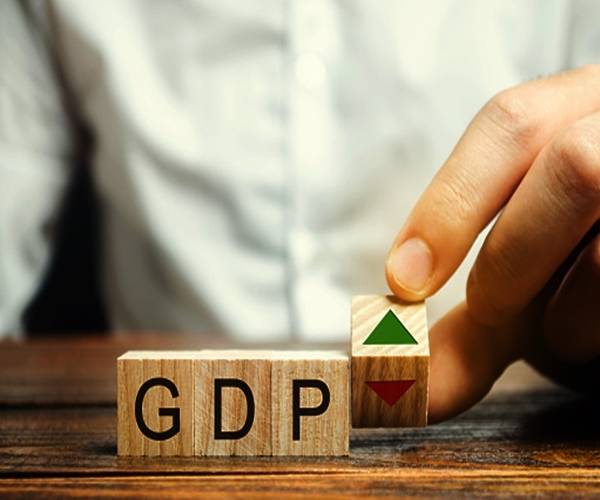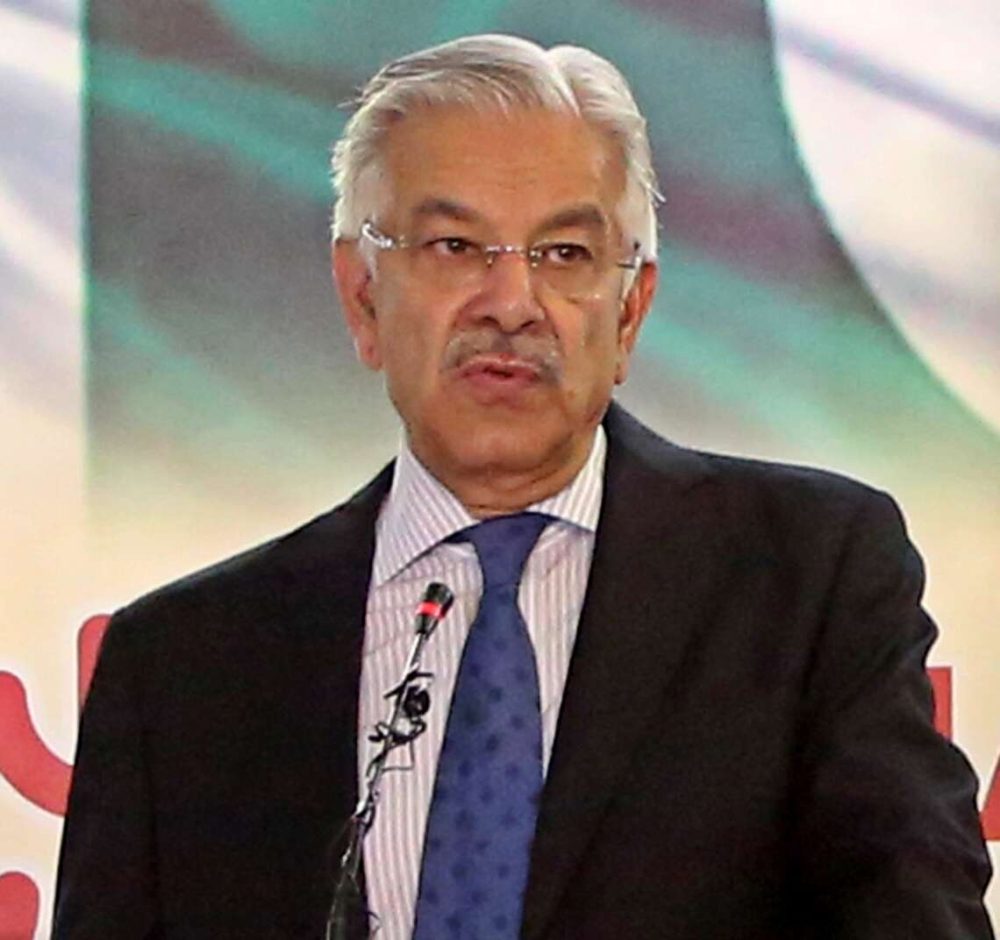Malaysia’s GDP contracted 3.4 per cent year-on-year in the fourth quarter of last year, rendering a 5.6 per cent drop for 2020, the biggest decline since the last 23 years, the country’s central bank said in a statement on Thursday.
The bank said that the negative growth in Q4 was largely attributable to the imposition of the Conditional Movement Control Order (CMCO) on a number of states since October 2020 to contain the spread of the Covid-19 pandemic, reports Xinhua news agency.
“The restrictions on mobility, especially on inter-district and inter-state travel, weighed on economic activity during the fourth quarter,” it said, despite the fact that continued improvement in external demand provided support to growth.

Except for manufacturing, all economic sectors continued to record negative growth. On the expenditure side, moderating private consumption and public investment activities weighed on domestic demand.
“On a quarter-on-quarter seasonally-adjusted basis, the economy registered a decline of 0.3 per cent,” said the bank.
While the near-term growth in 2021 will be affected by the re-introduction of stricter containment measures in January following spikes of new cases, the central bank said, the impact will be less severe than that experienced in 2020.
The growth trajectory is projected to improve from the second quarter onwards, it added.

The central bank said the improvement will be driven by the recovery in global demand, where the International Monetary Fund (IMF) has revised upwards its 2021 global growth forecast by 0.3 percentage points to 5.5 percent.
“Growth will also be supported by a turnaround in public and private sector expenditure amid continued support from policy measures, and higher production from existing and new facilities in the manufacturing and mining sectors,” it said.
The bank also opined that the vaccine rollout which will commence this month is also expected to lift sentiments.
Also Read-EU urged to stop violence against migrants at borders









